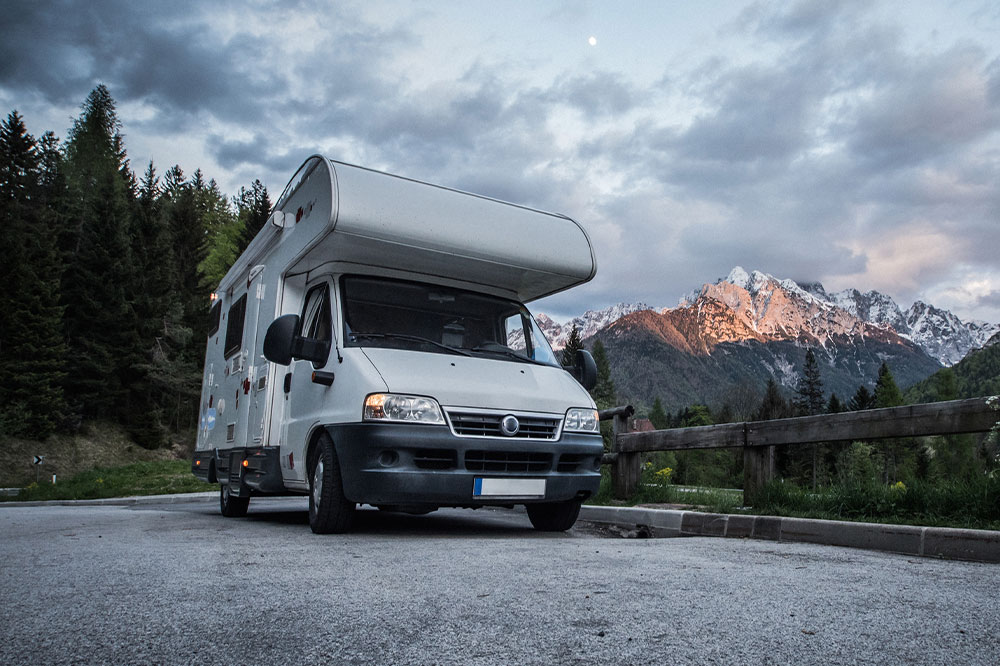5 problems to watch out for while buying an RV

Recreational vehicles (RVs) have a lot of amenities, but they are expensive to buy and maintain. So, you must check it thoroughly before driving it home from the dealership, especially if considering a used or pre-owned model. Several issues, both mechanical and safety-related, make an RV unfit for purchase. If you spot any of these problems in an RV, avoid buying it and look for an alternative to ensure you get your money’s worth.
Clogged AC filters
While inspecting an RV before purchase, turn on its air conditioner and climate control system to evaluate the HVAC performance. If the cooling is below par, there is a chance that the vehicle’s AC filter has issues or damage. If the filter is clogged, the previous owner has likely not put in enough money or effort to maintain the vehicle. Although you can continue inspecting, such a vehicle is not worth buying as you may need to spend extra on AC maintenance.
Damaged windshield
Several states across the country prohibit driving RVs with a cracked or even mildly damaged windshield as it puts passengers at risk of injury. RV windshields are huge and, therefore, expensive to replace. So, carefully check the windshield before investing your hard-earned money into the vehicle.
Pet odors within the RV
Pet odors indicate the previous owner let their pet roam freely within the RV’s interiors. Since the distinct body smell of pets can be hard to get rid of, it is advisable to avoid purchasing the vehicle and look for other options.
Mold growth
Mold growth is another clear sign that an RV has not been maintained up to scratch by its previous owner. A lack of ventilation and climate control within the vehicle causes moisture to accumulate in corners, gradually leading to mold growth. Mold destroys wooden panels and furniture inside, rendering them unusable.
Electrical glitches
RVs have several electrical gadgets, such as refrigerators and charging points. If these do not function properly, you will have to shell out more money to repair them after purchase. So, always check the electrical components carefully before purchasing an RV.



